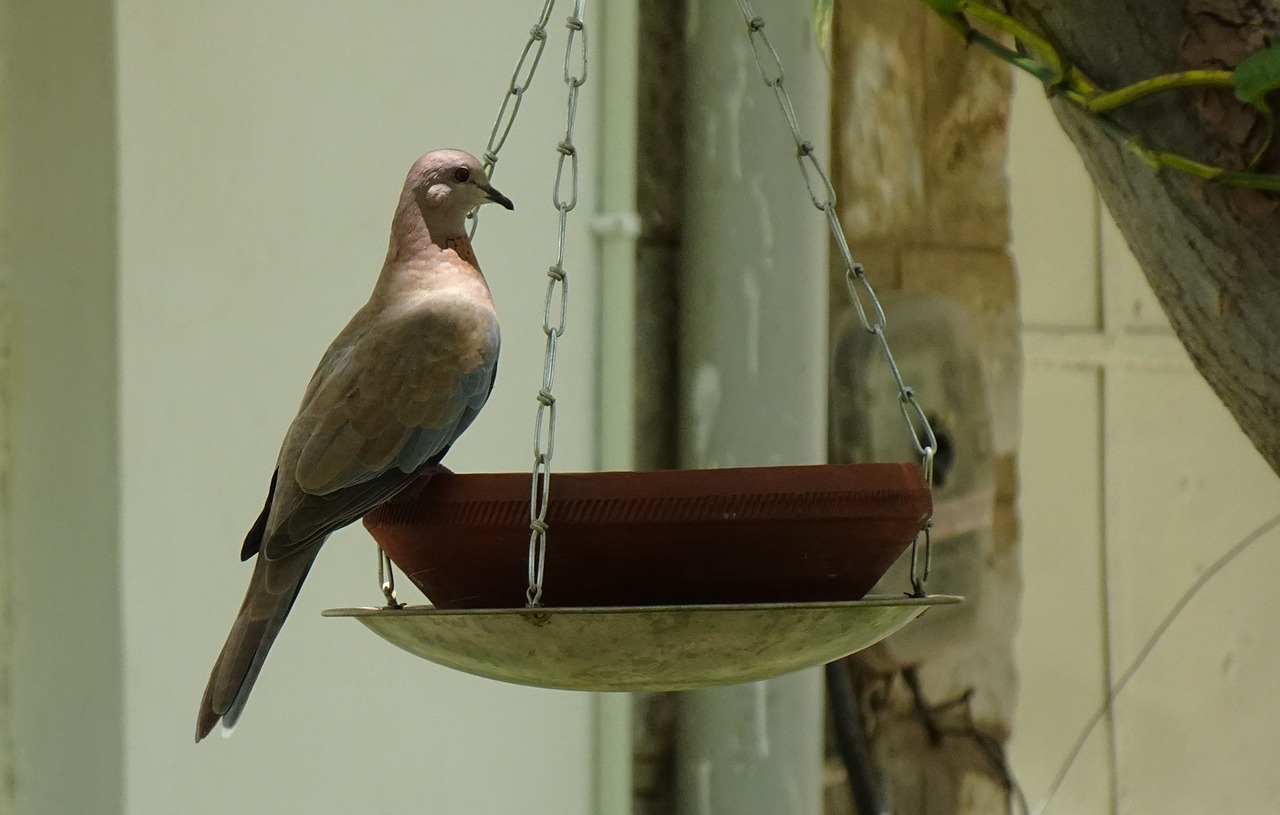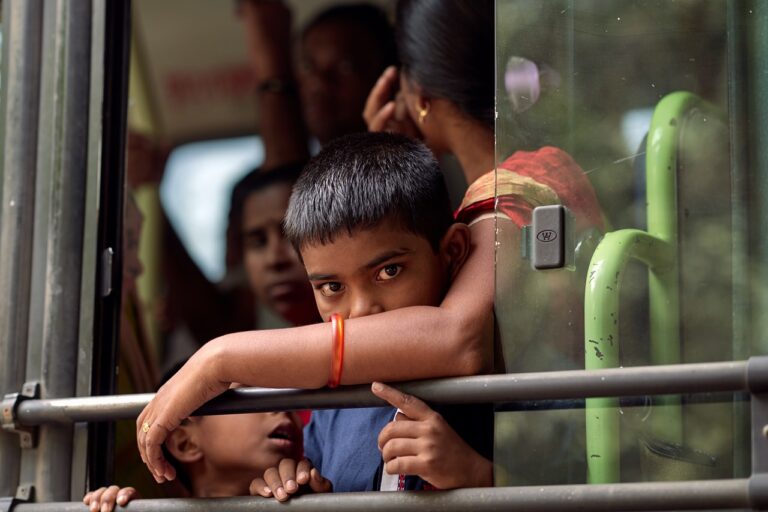Strategies for Increasing Voter Turnout in Underserved Areas
11xplay online id, anna reddy book, golden7777.com admin: The Role of Peer Pressure in Voter Participation
Voting is a fundamental right and responsibility in any democracy. It is a way for citizens to have their voice heard and have a say in the direction of their country. However, voter participation rates can vary widely from one election to another. One factor that can influence voter participation is peer pressure.
Peer pressure refers to the social influence that individuals feel to conform to the expectations of their peers. This pressure can be both positive and negative. In the context of voter participation, peer pressure can play a significant role in motivating individuals to vote.
When individuals see their friends, family members, or colleagues participating in the voting process, they are more likely to feel compelled to do the same. This sense of social pressure can create a sense of accountability and motivation to take part in the democratic process.
###The Power of Social Norms
One of the key ways that peer pressure influences voter participation is through the establishment of social norms. Social norms are unwritten rules that dictate what is considered acceptable behavior within a particular group or community.
When voting is seen as a social norm within a peer group, individuals are more likely to participate in order to conform to that expectation. This is particularly true in close-knit communities where individuals may feel a strong sense of solidarity with their peers.
###Peer Influence on Voting Behavior
Research has shown that peer influence can have a significant impact on voting behavior. Studies have found that individuals are more likely to vote when they believe that their friends and family members are also voting.
This influence can take many forms. For example, if a person’s close friends are enthusiastic about voting and discuss their plans to vote, that person is more likely to follow suit. On the other hand, if a person’s peers are apathetic about voting or actively discourage participation, that person may be less likely to vote.
###The Role of Peer Pressure in Mobilizing Voters
Peer pressure can also play a role in mobilizing voters. When individuals see their peers actively engaging in voter registration drives, attending political rallies, or sharing information about candidates and issues, they are more likely to become involved themselves.
This collective action can create a sense of momentum and excitement around the electoral process, making individuals feel like they are part of something larger than themselves. This feeling of community and shared purpose can be a powerful motivator for increasing voter turnout.
###Overcoming Negative Peer Pressure
While peer pressure can be a positive force in motivating individuals to vote, it can also have negative consequences. In some cases, individuals may face pressure from their peers not to vote, either due to apathy, disillusionment with the political process, or other reasons.
It is important for individuals to be aware of these negative influences and to resist them. By educating themselves about the issues, candidates, and the importance of voting, individuals can make informed decisions that are based on their own values and beliefs, rather than simply following the crowd.
###Creating a Culture of Voting
Ultimately, the role of peer pressure in voter participation highlights the importance of creating a culture of voting within communities. When voting is seen as a collective responsibility and a valued civic duty, individuals are more likely to take part in the electoral process.
By encouraging open conversations about voting, sharing information and resources, and actively engaging with peers on the topic of civic engagement, individuals can help to build a culture where voting is not just an individual choice, but a shared commitment to democracy.
###Frequently Asked Questions
1. How can I encourage my friends to vote?
Encouraging your friends to vote can be as simple as starting a conversation about the importance of civic engagement, sharing information about voter registration deadlines, and offering to accompany them to the polls on election day.
2. What can I do if my peers are discouraging me from voting?
If you are facing negative peer pressure to not vote, it is important to trust your own judgment and values. Educate yourself about the issues and candidates, seek out alternative sources of information, and remember that your voice matters.
3. How can I get involved in voter mobilization efforts?
There are many ways to get involved in voter mobilization efforts, from volunteering with organizations that register voters to hosting voter education events in your community. By taking action to empower others to vote, you can help create a culture of civic engagement.
In conclusion, peer pressure plays a significant role in voter participation by shaping social norms, influencing voting behavior, and mobilizing voters. By harnessing the power of peer influence in a positive way, individuals can help create a culture where voting is seen as a collective responsibility and a cornerstone of democracy.







